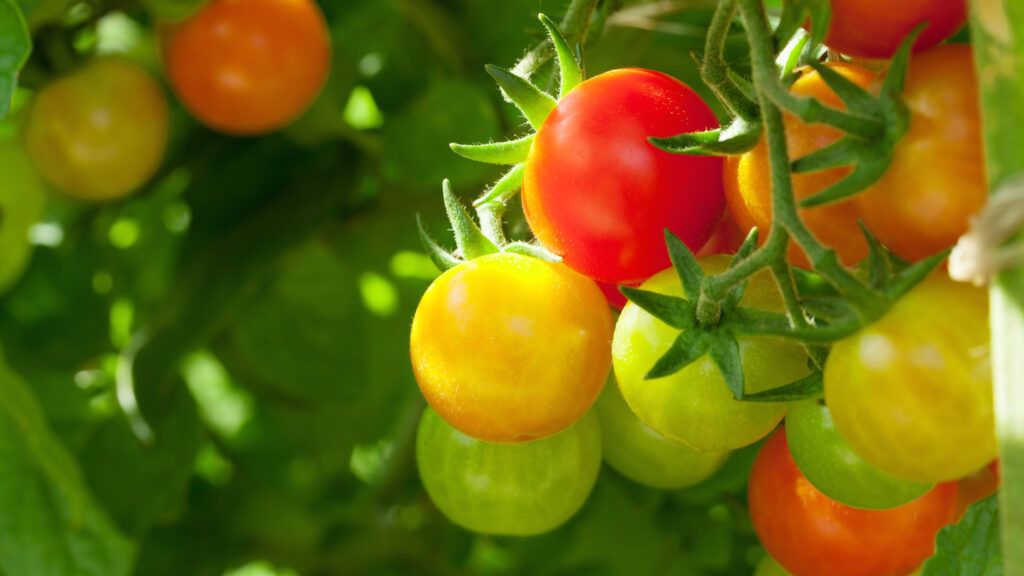This weekend, I was pruning my tomatoes, removing the “sucker” branches that are thick and green, but do not bear fruit. It’s a daunting task, but a highly satisfying one—a tomato thicket becomes an orderly row of well-shaped plants in just a few snip-snip-y minutes.
As it always does when I garden, my mind wandered as I piled the clippings into growing mounds. I realized that I didn’t actually see how much I needed to remove until I started to clear the growth. Once I made some space within the plant, though, the full task became clear—and felt within my reach.
This reminded me of a recent Harvard Business Review article that cited research about the benefits of silence. One study found that silence is associated with renewed cell growth in the region of the brain responsible for learning and memory. Another found that two minutes of silence between musical pieces were more stabilizing to the cardiovascular system than music that was designated “relaxing.”
The busier a person is, the article concluded, the more crucial consistent periods of silence become—to both productivity and wellness. Silence can be found in many places—in nature, in a room with the door shut, behind closed eyes, in a media-free space. And it doesn’t take much of it to make a difference—even a few minutes can be meaningful.
How to Grow a Biblical Garden
|
|
I found silence in my tomato patch that day. So, I would like to think, did the tomato plants. Cleared of the “suckers” that drew water and nutrition from their fruiting branches, the vines were less “busy,” less distracted from their purpose by noisy tangles of green. Standing back and admiring the pruned array of tomato plants, I saw a deeply encouraging sight—dozens of swelling orbs, growing toward their eventual tomato fullness, all the healthier, I imagined, because the sun now shone directly on them.
What would grow in your life if you made space and found some silence?






